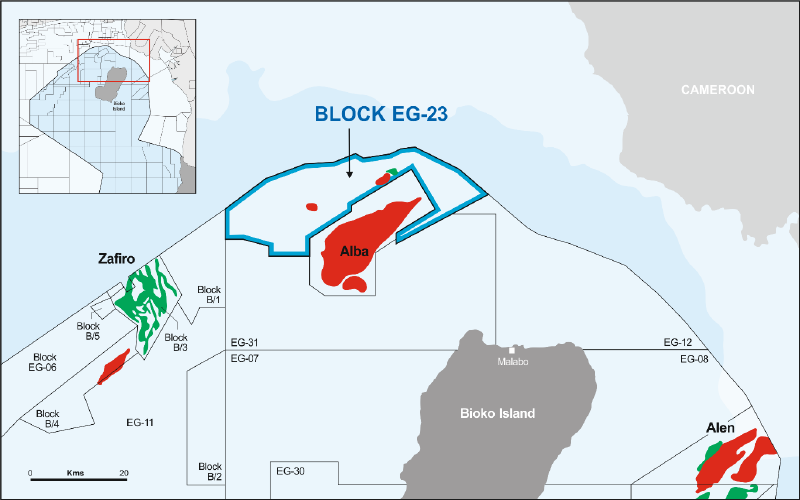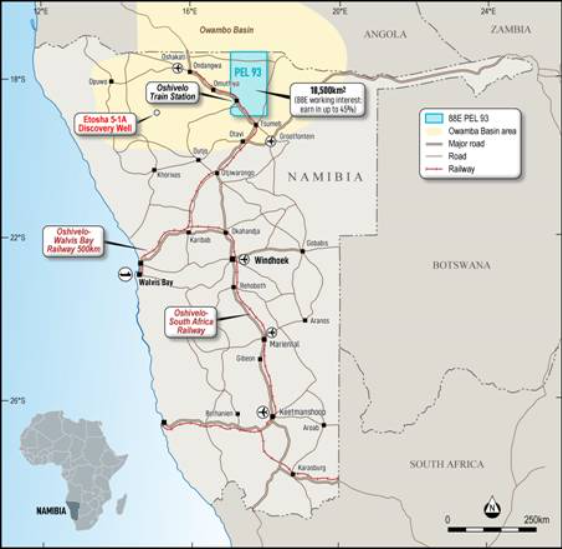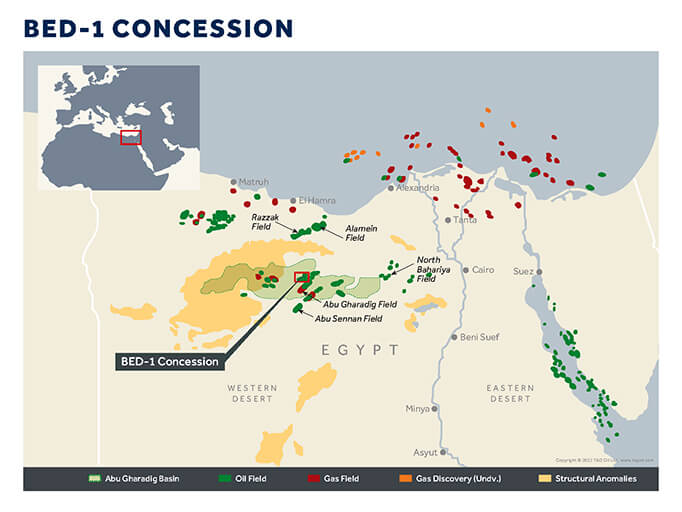An Analysis of the Petroleum Bill 2015, Model PSC
Source: Oxfam
The Petroleum (Exploration, Development and Production) Bill, 2015 and associated model production sharing contract (PSC) are currently in the final stages of Parliamentary review. The development of a new regulatory framework for the petroleum sector was driven by the need to modernize a regime that was first established in 1986 and to take into account recent discoveries of both oil and natural gas.
Of the changes proposed in the 2015 Bill and model PSC, the focus of this analysis is on the fiscal terms; that is the sources of Government revenue and the specific terms applicable to them. The new fiscal system that would apply to PSCs negotiated in the future will be significantly different than the one that applies to all existing PSCs, including those for the promising blocks in the Turkana region.
Attention is given to the three main differences between the existing and future fiscal terms. First, the 2015 model PSC proposes to replace the existing approach to the sharing of profit petroleum from one based on the daily rate of production (DROP) combined with a windfall profits tax imposed when oil prices are higher, to one based on a measure of profitability (r-factor). Second, under the 2015 model PSC, corporate income tax would become tax paid by the company rather than paid out of the government’s share of profit oil. Third, the 2015 model PSC changes a significant investment incentive by replacing the cost recoverability of interest on debt incurred for development costs with a 15% uplift on development spending.
As it is difficult to comprehend the significance of the proposed changes in the abstract, both sets of terms are applied to a potential oil project based on public domain data for Blocks 10BB and 13T in the South Lokichar region. It is important to note that past PSCs contain stabilization clauses and as such there is no suggestion that the 2015 terms would be applicable to the Turkana project. The objective of applying the 2008 and 2015 terms to this hypothetical oil project is to allow for a direct comparison of project economics and potential government revenue under varying scenarios of production, price and costs.
Two clear conclusions emerge. The adoption of the R-factor and the development cost uplift are both consistent with best practice and provide modest economic benefits for the government. The adoption of an R-factor profit split as set out in the 2015 model contract generates some additional revenue for the government and is economically more efficient than the combination of the DROP profit split combined with the windfall tax. Similarly, the development cost uplift generates some additional revenue and closes significant potential loopholes. In contrast, the shift from a “deemed” corporate income tax to one actually “paid” by the company has a profound effect on project economics and the proportion of revenue that would flow to the government. The inclusion of a paid income tax increases the government by roughly 10%. It could add billions of dollars to government coffers over the lifecycle of a project. The additional revenue however also constitutes a significant extra burden on the contractor.
Following successful oil discoveries, countries often tighten fiscal terms for future contracts. The change from a deemed to a paid corporate income tax may be appropriate in light of the Turkana oil finds. But it is a choice that should be made deliberately, with full awareness of the significant change that it represents to the Kenya’s petroleum fiscal regime.
The summary is part of a report titled ‘POTENTIAL PETROLEUM REVENUES FOR THE GOVERNMENT OF KENYA: Implications Of The Proposed 2015 Model Production Sharing Contract a report by Don Hubert, PhD from the Resources for Development Consulting compiled in March.
Given the lapse in time over the past two months there have been various developments with various amendments on the Bill which was adopted by the national assembly last week and is currently before the senate.
For full report: http://ow.ly/VjXo3004ZCD











